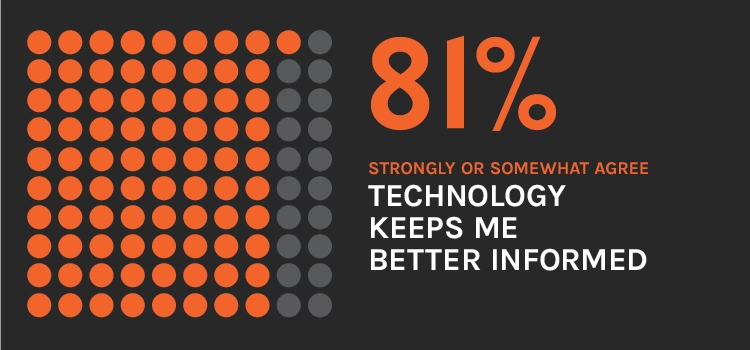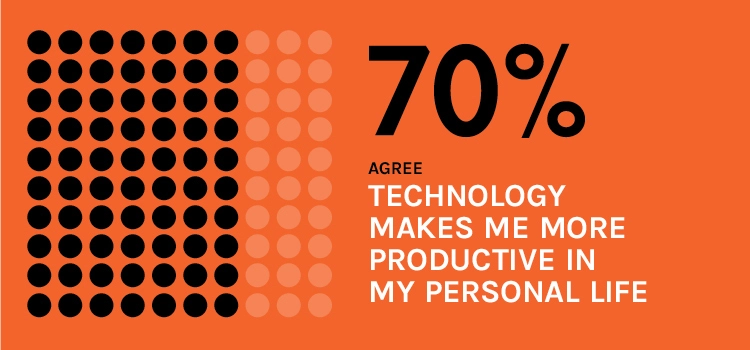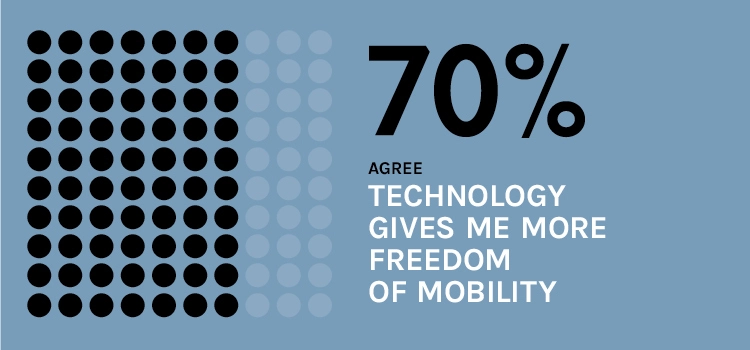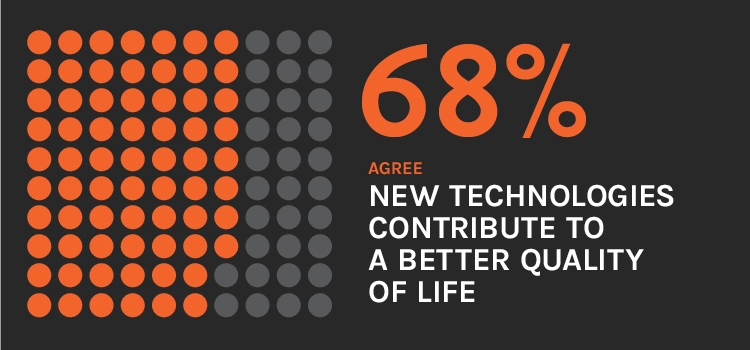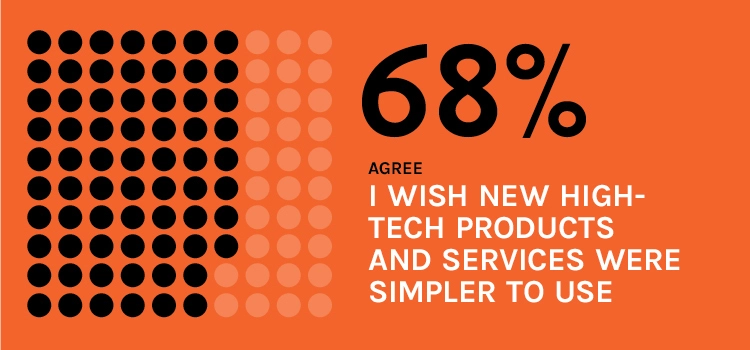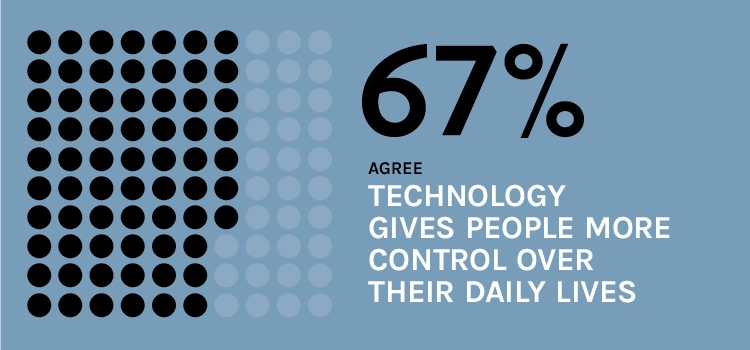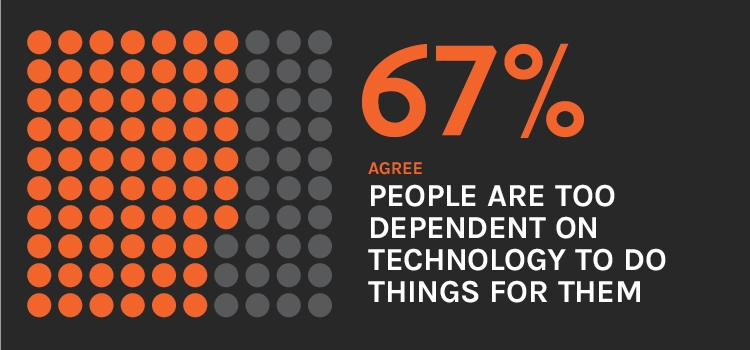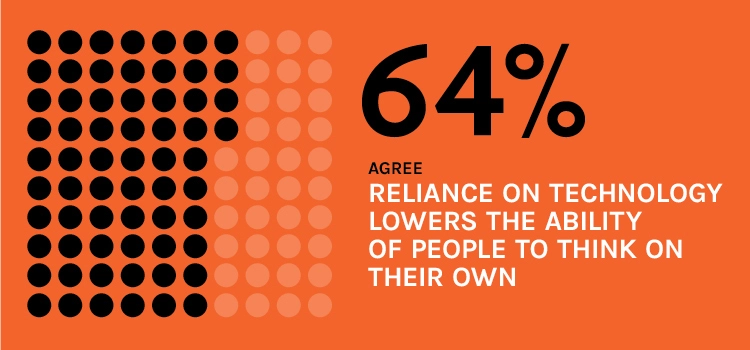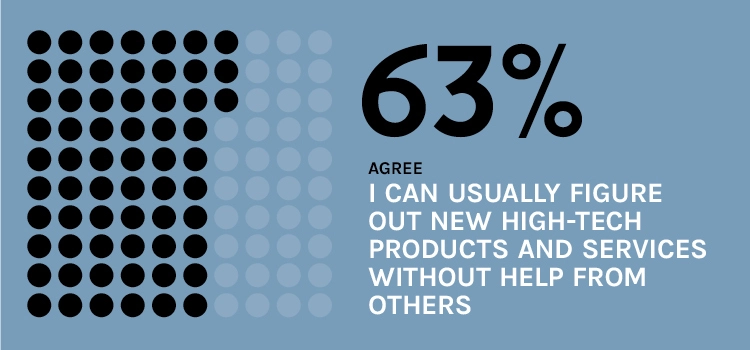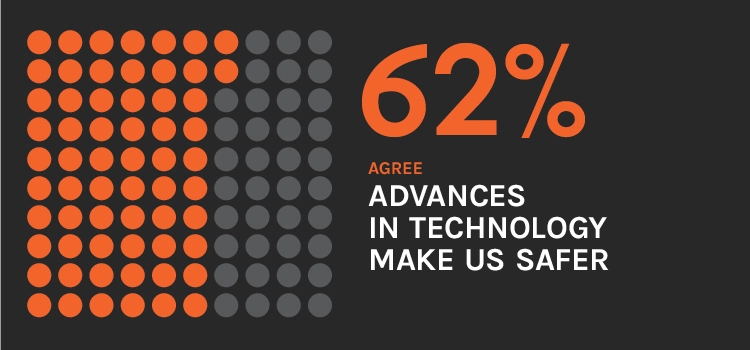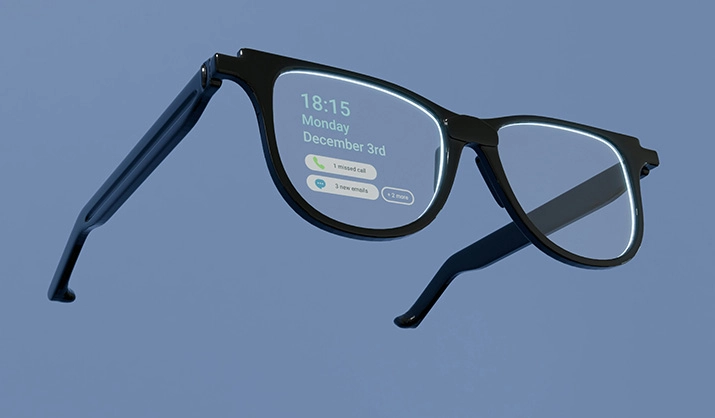Technology plays an important role in our personal and professional lives, contributing to our well-being and success but also serving as a source of frustration and anxiety. To those who market or work with technology and those who study its role in society, the question arises as to what people really think of it.
Illuminas, a Radius company, has been tracking technology beliefs for decades through the National Technology Readiness Survey (NTRS), a representative survey of U.S. adults age 18 and older. We monitor positive and negative beliefs on factors that are proven to influence adoption, usage, and satisfaction with cutting-edge technology.
Below are the Top 10 beliefs where there is the greatest consensus among the population in 2025. Since these vary by groups, we identify some of the groups that have higher agreement than the general population. We also explore how agreement with these beliefs has changed over time.*
Top 10 Beliefs about Technology in 2025
1. Technology keeps me better informed
81% strongly or somewhat agree
Agreement is higher among those with a college degree and a household income of $100K or higher.
2025: 81% (rank #1)
2024: 80% (rank #1)
2020: 74% (rank #1)
2. (Tie) Technology makes me more productive in my personal life
70% agreement
Agreement is higher among Millennials (but surprisingly, not Gen Z), those with a college degree and household income of $100K or higher.
2025: 70% (tied for rank #2)
2024: 69% (rank #2)
2020: 59% (rank #7)
3. (Tie) Technology gives me more freedom of mobility
70% agreement
Agreement is higher among Gen Z and Millennials, and those with a bachelor’s degree and household income of $100K or higher.
2025: 70% (tied for rank #2)
2024: 67% (rank #4)
2020: 64% (rank #2
4. (Tie) New technologies contribute to a better quality of life
68% agreement
Agreement is higher among Millennials (but not Gen Z), those with a college degree and household income of $100K or higher.
2025: 68% (tied for rank #4)
2024: 66% (rank #5)
2020: 64% (tied for rank #2)
5. (Tie) I wish new high-tech products and services were simpler to use
68% agreement
Agreement is higher among Boomers.
2025: 68% (tied for rank #4)
2024: 63% (tied for rank #7)
2020: 55% (NR in top 10)
6. (Tie) Technology gives people more control over their daily lives
67% agreement
Interestingly, agreement is higher among the middle generations, Millennials and Gen X, but not Gen Z or Boomers.
2025: 67% (tied for rank #6)
2024: 65% (rank #6)
2020: 60% (tied for rank #5)
7. (Tie) People are too dependent on technology to do things for them
67% agreement
Agreement is higher among those ages 55+ as well as those with a high school degree or less.
2025: 67% (tied for rank #6)
2024: 68% (rank #3)
2020: 63% (rank #4)
8. Reliance on technology lowers the ability of people to think on their own
64% agreement
Agreement is higher among people age 55 or older and those with a household income of less than $50K.
2025: 64% (rank #8)
2024: 63% (tied for rank #7)
2020: 57% (tied for rank #8)
9. I can usually figure out new high-tech products and services without help from others
63% agreement
Agreement is higher among men, Gen Z & Millennials, those with a college degree, and household income of $100K or higher.
2025: 63% (rank #9)
2024: 63% (tied for rank #7)
2020: 54% (NR in top 10)
10. Advances in technology make us safer
62% agreement
Agreement is higher among men, Gen Z & Millennials, those with a college degree, and household income of $100K or higher.
2025: 62% (rank #10)
2024: 56% (NR in top 10)
2020: 55% (NR in top 10)
The top 10 beliefs about technology in 2025 reveal both persistent trends as well as burgeoning viewpoints. Similar to prior years, the most commonly held belief about technology is that it helps keep us informed. Also seen in prior years, the strongest proponents of technology are oftentimes male, younger, and have higher levels of educational attainment and greater household income.
Notably in 2025:
- We have seen slight increases in agreement across nearly all beliefs compared to 2024, and even larger increases in agreement since 2020, indicating that, despite occasional negative news stories, public appreciation for technology has been growing.
- Gen Z, who are often seen as the first “digital native” generation, are more hesitant about the benefits of technology than Millennials, despite having greater confidence in their ability to use these technologies. This continues a trend we first uncovered in the 2024 NTRS study.
- The belief that technology helps with productivity in one’s personal life increased from the 7th highest rated belief at 59% agreement in 2020 to tied for the 2nd highest rated belief at 70% agreement in 2025. This increase can likely be attributed to the rise in AI with apps like ChatGPT and Microsoft Copilot becoming increasingly popular for personal use.
- The belief that technology helps with freedom of mobility has been highly ranked since the advent of COVID-related remote work in 2020. Since then, people have seen technology as a tool that can empower them to explore the world, with many becoming “digital nomads” due to innovations in technology and relaxation of workplace requirements.
About the Study
The National Technology Readiness Survey™ has tracked technology and e-commerce trends since 1999. The survey is co-sponsored by Illuminas and the Responsible Business Center at the Gabelli School of Business, Fordham University. The most recent wave was conducted between April 30 and May 18, 2025, and is based on an online survey of 1,000 U.S. adults sampled at random from a consumer research panel. Results are weighted to match census characteristics.
Check out this case study to see how one of our clients used the Technology Readiness Index (TRI) to better understand the Electric Vehicle (EV) market.
How can NTRS research insights help you refine your offering?
*These questions are copyrighted by Illuminas and A. Parasuraman (2025) and require written permission to use.

